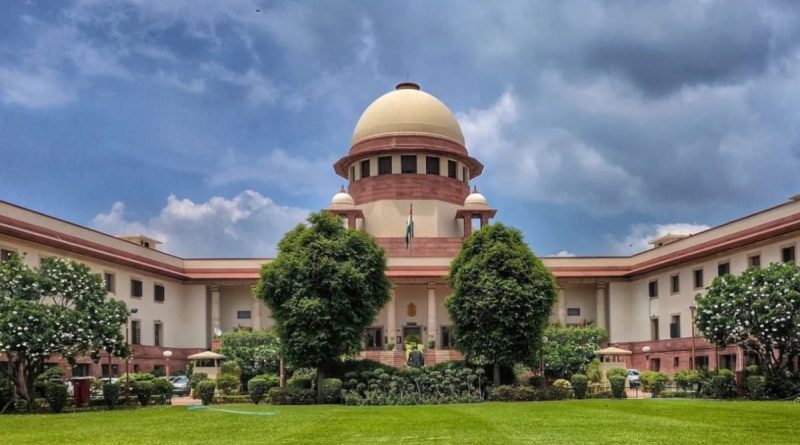Shia Personal Law Board considering approaching Supreme Court regarding Waqf Amendment Bill
New Delhi:
The All India Shia Personal Law Board is vehemently opposing the Waqf Amendment Bill, with General Secretary Maulana Yasoob Abbas criticizing the proposed legislation on Thursday. Mr. Abbas declared the bill as “not right” and stated that the Board would formally oppose it. He also mentioned that they are prepared to take the matter to the Supreme Court if needed, showcasing their determination to challenge the bill.
Intense Opposition
The controversy surrounding the Waqf Amendment Bill has been escalating, with various stakeholders expressing concerns over its provisions. The bill aims to amend the Waqf Act, which governs the management of Waqf properties across India.
To mobilize support and plan a course of action, Mr. Abbas intends to convene a meeting with the executive board of the All India Shia Personal Law Board. He emphasized the importance of unity in opposing the bill.
Parliamentary Proceedings
The Waqf Amendment Bill was initially tabled in both houses of Parliament but was later adjourned to March 10. The JPC report on the Waqf (Amendment) Bill 2024 was also presented in the two Houses of Parliament.
During the proceedings, BJP member Jagdambika Pal, who chaired the JPC, tabled the report in the Lok Sabha, while party MP Medha Vishram Kulkarni presented it in the Rajya Sabha. They also submitted a copy of the evidence given before the panel on the Waqf (Amendment) Bill.
Government Response
Amidst opposition members protesting in the Lok Sabha about their dissent notes not being included, Union Home Minister Amit Shah assured that the government would have no objection if the dissenting notes were added to the report.
In response to the opposition claims, Home Minister Amit Shah reiterated that the government is open to including dissenting notes in the JPC report. The Waqf (Amendment) Bill 2024 aims to address challenges by introducing reforms such as digitization, enhanced audits, improved transparency, and legal mechanisms to reclaim illegally occupied properties.

